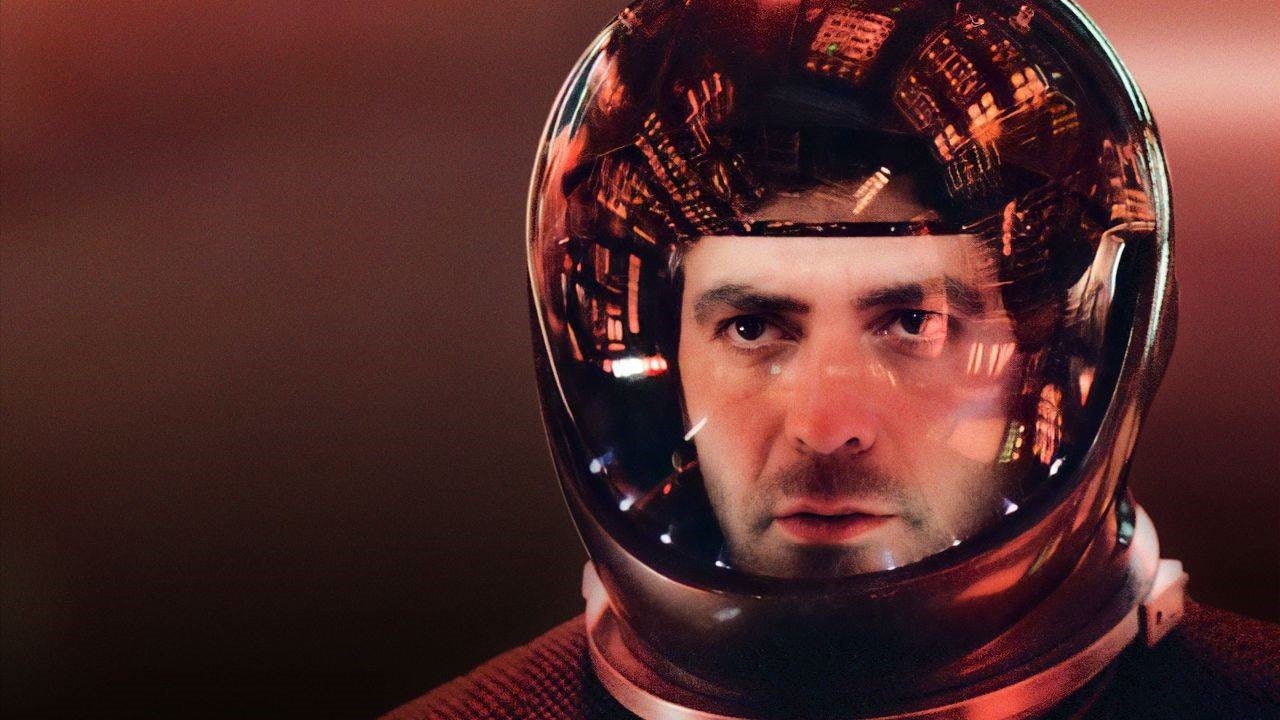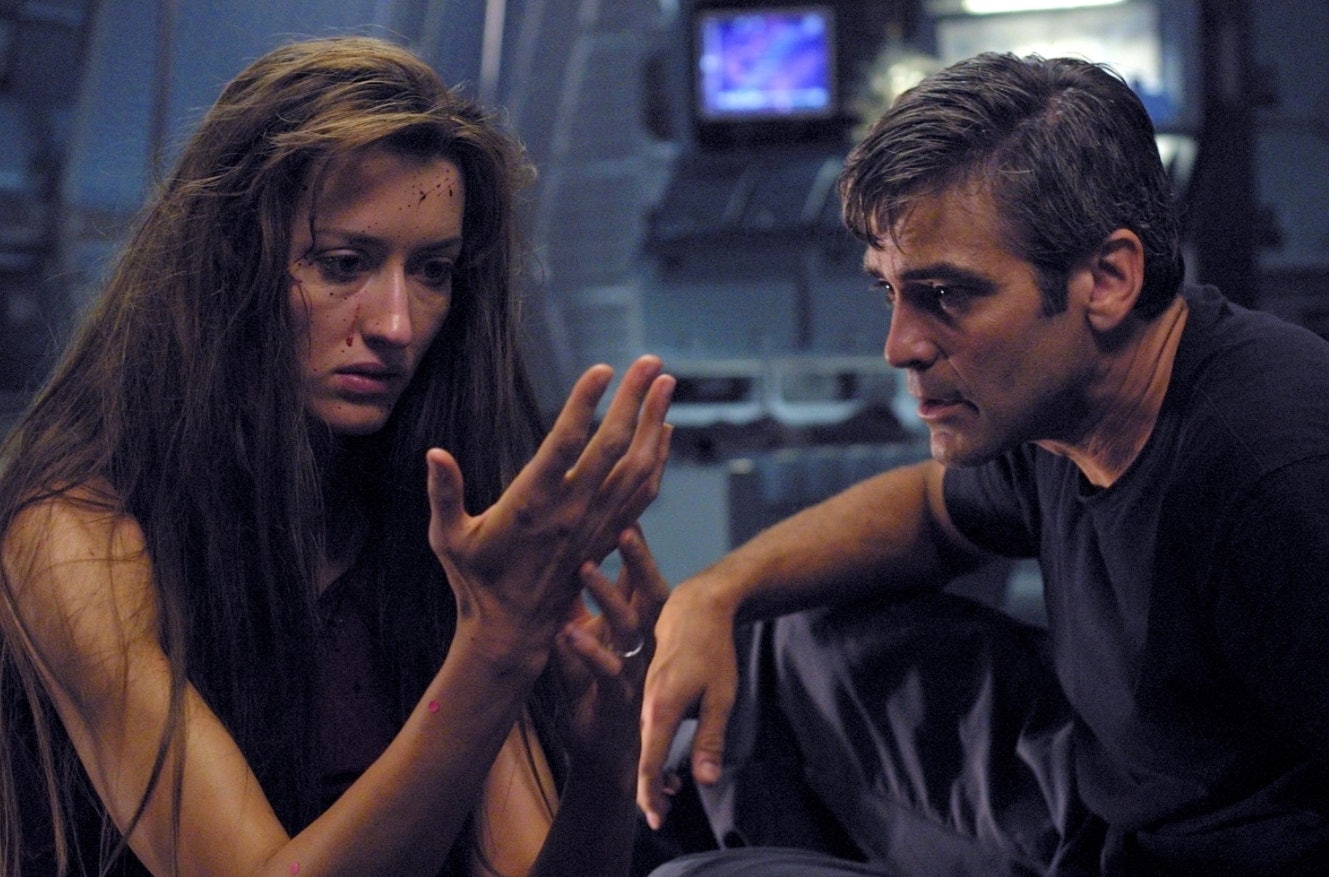
It’s easier than ever to watch foreign films — which has made it easier than ever to raise the question of why these films are being remade for a supposed subset of the North American market that loves critically acclaimed fare but refuses to strain their precious eyes on subtitles. The 2020 announcement of a Parasite remake prompted a wave of haranguing opinion pieces, like Esquire’s argument that the proposal “panders to audiences that are too lazy to do a bit of reading.” (The project has since been reframed as an original series set in, apparently, the Parasite Cinematic Universe.)
It's fair to point out that films like Parasite are easy to consume today, but it’s also fair to argue that films like The Bélier Family, A Hijacking, and La Jetée aren’t on the average viewer’s radar (they became, respectively, CODA, Captain Phillips, and 12 Monkeys). We can performatively grumble about ignorant Americans all we like, but viewers can’t watch what isn’t put in front of them, and asking casual moviegoers to solve the many distribution and marketing obstacles foreign movies face is a rather large demand of people who just want to be entertained after work.
Enter: Steven Soderbergh’s 2002 remake of Solaris.
Soderbergh’s Solaris remake packages all the pros and cons of this eternal debate into one intriguing product. While similar to, and generally seen as inferior to, Andrei Tarkovsky’s 1972 original (itself preceded by a 1968 Soviet teleplay, and all three versions based on a Stanisław Lem novel), it was a stretch to expect audiences of 2002 to ignore the remake in favor of tracking down the Soviet arthouse original. Like it or not, George Clooney was more marketable than Donatas Banionis.
Both men play Dr. Kelvin, a psychologist asked to investigate an apparent crisis on a space station orbiting an uninhabited planet dubbed Solaris. Upon arrival, the doctor discovers that a friend who worked on the station is dead by suicide and left behind a cryptic warning. Most of the crew is dead too, and the survivors are behaving erratically. It soon becomes clear why: after Kelvin goes to sleep, he wakes up to find his deceased wife, Rheya (Natascha McElhone), lying next to him.
Kelvin panics and shoots Rheya into space, only for her to calmly reappear and rekindle their romance a few hours later. Solaris, for reasons no one can discern, is recreating the deceased loved ones of its crew, and while these “visitors” have the memories and personalities of the people they once were, they’re distressingly aware of the fact that they aren’t quite human.

This could easily become a visceral horror premise, but Solaris is instead a slow and haunting meditation on what it means to be human. “A slow and haunting meditation on what it means to be human” is a phrase that gives the people who market movies conniptions, which may explain why the trailer presents the film as a thrilling romantic drama “From the creator of Titanic.”
This was the first of George Clooney’s few forays into science fiction, and the noted Nespresso enthusiast is never quite credible as a man with the training and experience to be wandering around a space station. Still, he’s effective; his reputation as a charming romantic lead misleads you until his heartwarming reunion becomes a chilling existential nightmare.
Soderbergh was also a sci-fi neophyte. He got the gig because producer James Cameron was too busy to direct (if you’d like to take a moment to imagine that alternate reality) and his main change to the original was to strip its intimidating 166-minute runtime down to a ruthless 99. Scenes like Tarkovsky’s five-minute, dialogue-free car ride didn’t make the cut.

The result is a cold, opaque film. The question of Solaris’ methods and motivations, or whether the planet can even be said to have motivations, is shoved aside to focus on the emotional struggle that consumes Clooney as he debates whether to embrace the fantasy he’s been presented with. Three decades of advancement in special effects help sell the outer space setting, although the space station itself, ornate and disorienting in the original, is bland to the point that it feels like a placeholder.
Our heroes work with it as best they can. The small cast is enhanced by Viola Davis, who brings an uncompromising aggression to the visitor problem, and Jeremy Davies, whose eccentricities provide Solaris with some much-needed energy and a misdirect from Clooney’s subtler breakdown. Their performances weren’t enough to save Solaris from mixed reviews and a box office drubbing, with critic Stephen Holden presciently noting, “Its insistence on remaining cerebral and somber to the end may be a sign of integrity, but it should cost it dearly at the box office.”
There was, however, little mainstream debate about whether Solaris should have been remade at all (Lem maintained authorial neutrality by complaining about both adaptations). Maybe that was just a sign of the times, but let’s be generous and say that Solaris accomplished what a good remake should. It streamlined a movie that, while revered among hardcore genre enthusiasts, did not escape criticism for its ponderous length. If you enjoy Soderbergh and Clooney’s more accessible take, you’ll probably find Tarkovsky’s now easy-to-find original intriguing. A bad remake can feel like a muddled facsimile, but a good one can reframe the original’s strengths and weaknesses. Either way, we should consider it a minor miracle that a film as strange as Solaris was made twice.
Solaris is streaming on HBO Max through January 31.







